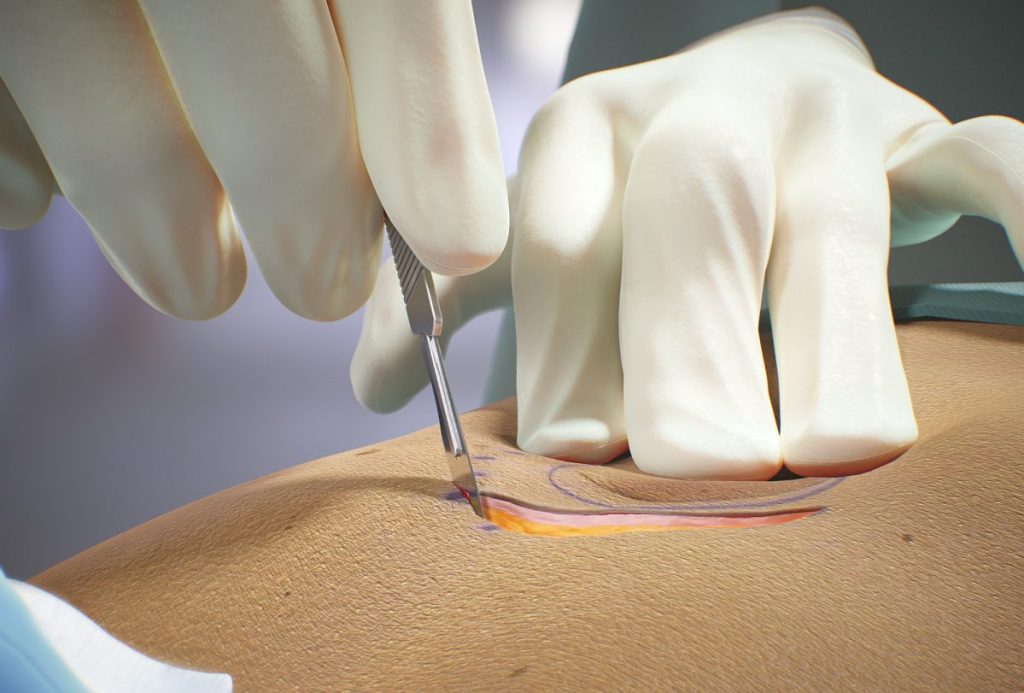FundamentalVR has unveiled a further advancement to its Fundamental Surgical platform providing a level of realism that makes it a credible complement and alternative to traditional medical education methods. Its new soft tissue capabilities allow surgeons to manipulate, feel and explore texture of anatomy as if in the room.
The enhanced soft tissue capabilities are part of the company’s five-year technology and clinical journey that has seen its Haptic R&D team work closely with surgeons and educator experts from around, drawing from leading universities as well as spatial technology and medical specialists such as Dr. David Farley at the Mayo Clinic.
The impact of the advanced tissue capabilities are not just skin deep. Its development allows FundamentalVR to deliver enhanced and unparalleled solutions for current simulations in areas such as spine, orthopedic, and ophthalmology, as well as new capabilities in soft tissue surgery, interventional, and many more.
“We are proud to offer industry-leading technology proven to accelerate learning and transform traditional teaching practices into cost-effective, safe methodologies,” said Richard Vincent, co-founder, and CEO of FundamentalVR. “With the addition of advanced soft tissue sensation capabilities, users are able to make independent decisions about approach and patient interaction and have full high-fidelity control, feeling and vision as they make that interaction. We have brought a new level of realism to medical education to an extent that the need for surgeons to practice in wet labs, on cadavers or patients could be eliminated within just a few years.”
The Fundamental Surgery platform, allows users to experience the same sights, sounds, feelings, and sensations they would in a real OR. It combines HapticVR technology and analytics of previously unmeasurable data points to advanced surgical skills allowing precision techniques to be acquired.
It is made possible by the company’s Haptic Intelligence EngineTM, that delivers full kinesthetic force feedback haptics into a variety of handheld devices, ranging from base station held instruments to haptic gloves within a submillimeter of accuracy, all low cost and commercial off-the-shelf hardware. It profoundly changes the way immersive technology is used in medical education.
Often, VR programs are primarily used to help acquire knowledge. Now, the addition of cutting-edge soft tissue simulation combined with the most advanced haptics available, the accelerated acquisition of skills is possible anywhere in the world. Building the muscle memory required for proficiency and essential for precise surgical skills transfer.
Already deployed prior to the pandemic, the challenges or social distancing and reduction in elective surgeries has fuelled a surge in us of Fundamental Surgery as a credible alternative to in-person and on human learning.

